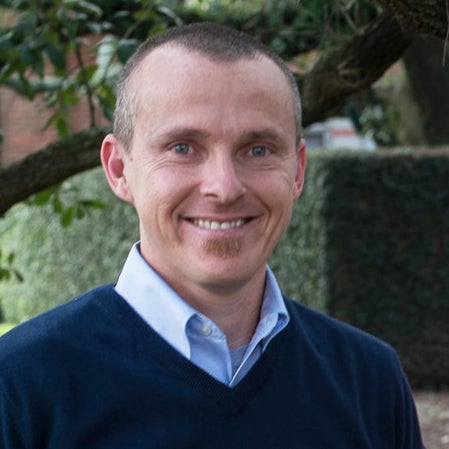
Scientific understanding of our planet, its complex web of life and humanity’s place in that web, has never been more important.
To magnify Rice’s impact and build on our strengths in research on the Earth, environment, ecosystems and energy, the Wiess School of Natural Sciences is launching the E4 Initiative. The initiative will scale up multidisciplinary, problem-solving teams to pursue fundamental research and drive toward solutions in three interconnected areas.
A team focused on Natural Resources in the Energy Transition is leveraging Rice’s strengths in fundamental geoscience, subsurface applications and coupled processes at Earth’s surface to address challenges at the intersection between resource needs and Earth’s systems. An Earth System Futures team is concentrating on atmospheric, hydrologic and geochemical cycles, and seeks to measure and understand past and current changes to make critically important projections about the future. A team dedicated to Our Changing Biosphere will guide interventions and conservation policy by advancing understanding of the central role of biodiversity and the impacts of habitat destruction and global change and core ecological and evolutionary processes.
The E4 Initiative is directed by Biosciences’ Scott Egan, who played a key role in its planning. An associate professor and evolutionary biologist, Egan is a lifelong Houstonian whose lab has discovered and described 15 new insect species in the Texas region since he joined Rice in 2013. He’s authored or co-authored more than 120 peer-reviewed papers on the evolution, ecology, and conservation of biodiversity and has attracted funding from a range of international, federal and state agencies and corporate partners. Egan’s research has been widely covered in the popular press, including the New York Times and National Geographic, and was even featured in a clue on the game show Jeopardy. He is a former member of the University of Notre Dame faculty, a teaching fellow with Rice’s Center for Teaching Excellence and was recently elected a Fellow of the Royal Entomological Society, which was co-founded by Charles Darwin.
In an early win for the initiative, Egan and Our Changing Biosphere team members Sylvia Dee, Kory Evans and Tom Miller, have landed a university grant from the Creative Ventures Fund to host the Texas Biodiversity Symposium at Rice this fall. Led by Miller, the group is planning a three-day meeting where international, national and Gulf Coast regional scholars will discuss the status of the biodiversity crisis and its impacts on society.
Many worked hard to establish the new initiative, including Dee, Jonathan Ajo-Franklin, Cin-Ty Lee, Matt McCary, George Phillips, Mark Torres and Carrie Masiello, director of the Rice Sustainability Institute, with which the initiative will closely align and coordinate.

